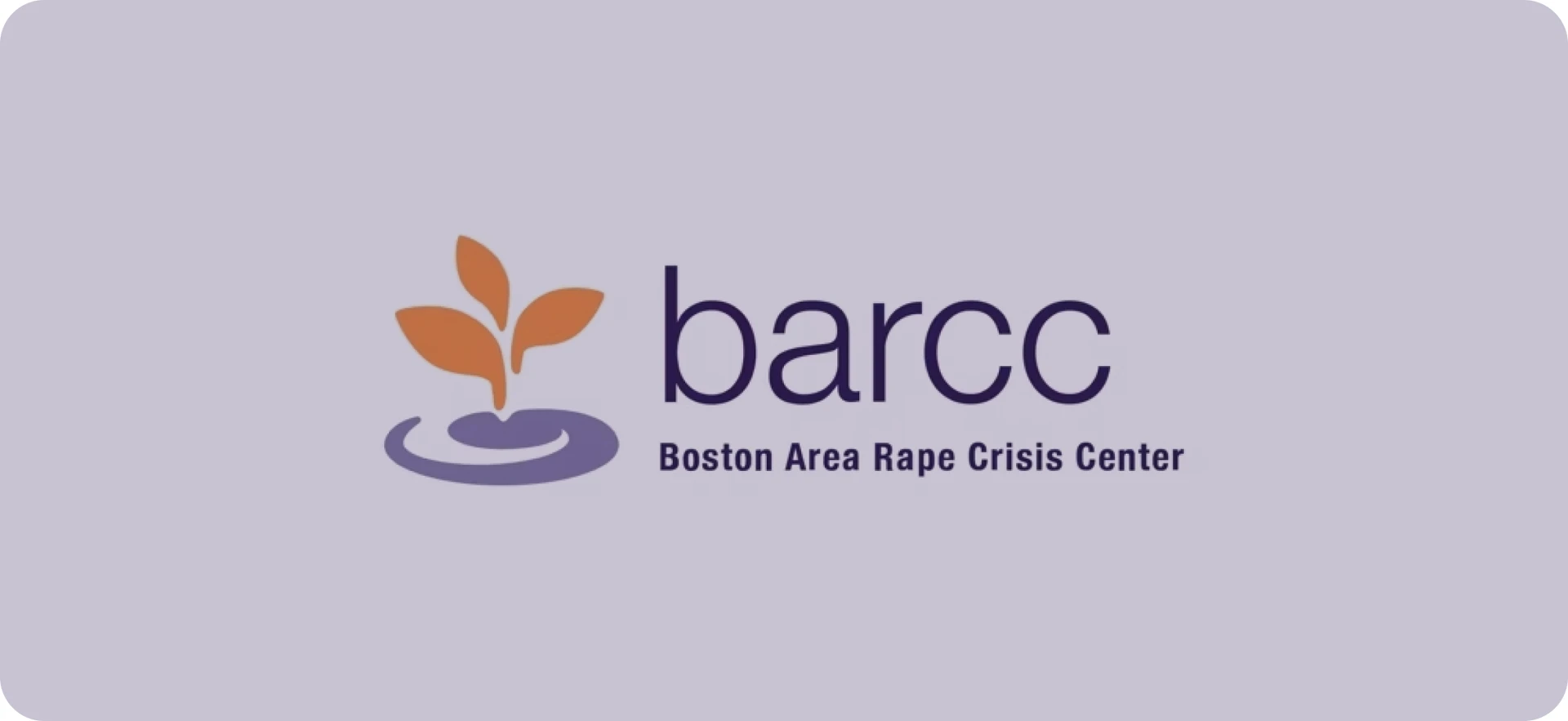Featured
The Latest from the Blog
-
Read MoreFeb 20, 2026 | BARCC Statements
Black History Month Joint Statement
Safety for Whom? Who is Defined as a Survivor? Confronting ... -
Read MoreJan 19, 2026 | BARCC Statements
What Heated Rivalry Gets Right About Consent
If you’ve been online at all in the last two ... -
Read MoreDec 10, 2025 | BARCC Statements
BARCC Welcomes Liz Speakman as Executive Director
The Boston Area Rape Crisis Center is proud to announce ... -
Read More
 Oct 30, 2025 | Events
Oct 30, 2025 | EventsSurvivor and Significant Others Workshop Series
If you’re a survivor of sexual violence interested in learning about how group counseling can... -
Read More
 Oct 30, 2025 | Events
Oct 30, 2025 | Events2025 Winter Survivor Workshop Series
If you’re a survivor of sexual violence interested in learning about how group counseling can... -
Read More
 Oct 16, 2025 | New at BARCC, Stories of Impact
Oct 16, 2025 | New at BARCC, Stories of ImpactQ&A with Michael Glennon, Trial Attorney
BARCC’s takes on the viral Netflix series. - Read More
-
Read More
 Oct 14, 2025 | New at BARCC
Oct 14, 2025 | New at BARCCCan We Separate the Art from the Artist?
BARCC’s takes on the viral Netflix series. -
Read More
 Oct 02, 2025 | New at BARCC
Oct 02, 2025 | New at BARCC5 Horror Movies to Terrify – not Trigger
BARCC’s takes on the viral Netflix series.

